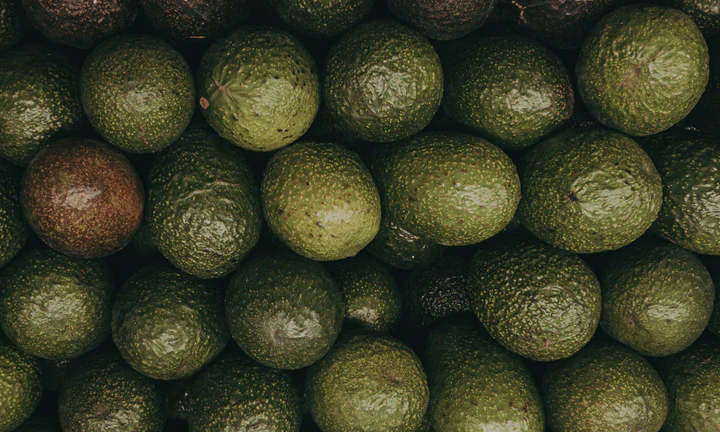SOURCE: Richard Emblin, The City Paper
Colombia never ceases to dazzle and captivate at the Superbowl with superstar performances, including last year’s gyrating duet by Shakira and J.Lo. This year’s Super Bowl LV, however, was tinted with plenty of Colombian green as 45 tons of locally grown Hass avocados were shipped to Florida to boost supply for half-time guacamole.
Recognized by its purple-green exterior and coarse oily taste, the superfood was first harvested in the 1920s by a Californian postman, Rudolph Hass, on a small orchard in Los Angeles County. From the three seeds that Hass purchased, the mother tree became the first to receive a U.S patent in 1935 and grew to live a ripe and fruit-filled 76 years.
From humble origins on a 1.5-acre plot to flowering into a multi-million dollar industry for cultivators, Colombia recently over-took leading avocado producing nations (Peru, Chile, Mexico, Israel and Spain) as the main supplier of Hass to Europe, dominating 30% of the total market share.
With many international borders closed with the coronavirus pandemic, Colombian Hass has reached a global audience, generating US$110 million in revenue of which the European market represents close to 80% of total purchases. For Jorge Enrique Restrepo, Executive Director of CorpoHass, the success of the Colombian fruit with consumers has accompanied economic development of the country’s agricultural sector, investment in expanding the food portfolio, protection of biodiversity and incorporation of sustainable practices. During the last decade, Colombian Hass production grew from US$90,000 in exports to the current US$110 million, and last year, the Colombian Government signed a trade deal with China to become the first nation to supply their domestic supermarkets, as well as stock South Korean retailer with a Hass oil from the Antioquia-based company Smart Cooking.
As the Asian appetite for Hass grows with a single avocado fetching up to US$6 in Hong Kong specialty stores, the United States is gaining terrain with imports of fruit grown across the departments of Antioquia, Caldas and Risaralda. The exponential growth from a side-kick curiosity to more than 2,700 tons shipped last year to the U.S (increase of 5% over 2019), led to the creation of the Colombia Avocado Board (CAB), a chapter of the global industry Hass Avocado Board (HAB). The organization reimburses importers their commissions for product promotion in the U.S and 85% on consumer taxes. “Negotiations to open the U.S market have taken more than a decade, and since our first exports in November 2017 we continue to see steady growth in exports to a market ranked fourth after the Netherlands, United Kingdom and Spain,” states Jorge Restrepo, director of Corpohass. Holland received last year 33,300 tones of Colombian Hass from the 58,000-ton total.
Some of the countries that have yet to discover the pleasure of a Colombian Hass are Ukraine, Ireland, Iceland and Czech Republic.
“With the creation of CAB, we hope to continue encouraging demand for Colombian Hass in the United States,” says Jorge Restrepo. “The formation of the Colombia Avocado Board is a small step for the Hass avocado, but an epic leap for Colombia,” he added.
Flavia Santoro, president of Procolombia, believes the Colombia Avocado Board “is a clear example of the joint work that exists between Corpohass, exporters and importers, to open a great door for the promotion for the country.” And regardless of which team makes the playoffs next year, you can bet that Colombia will be even more present in every bowl.

